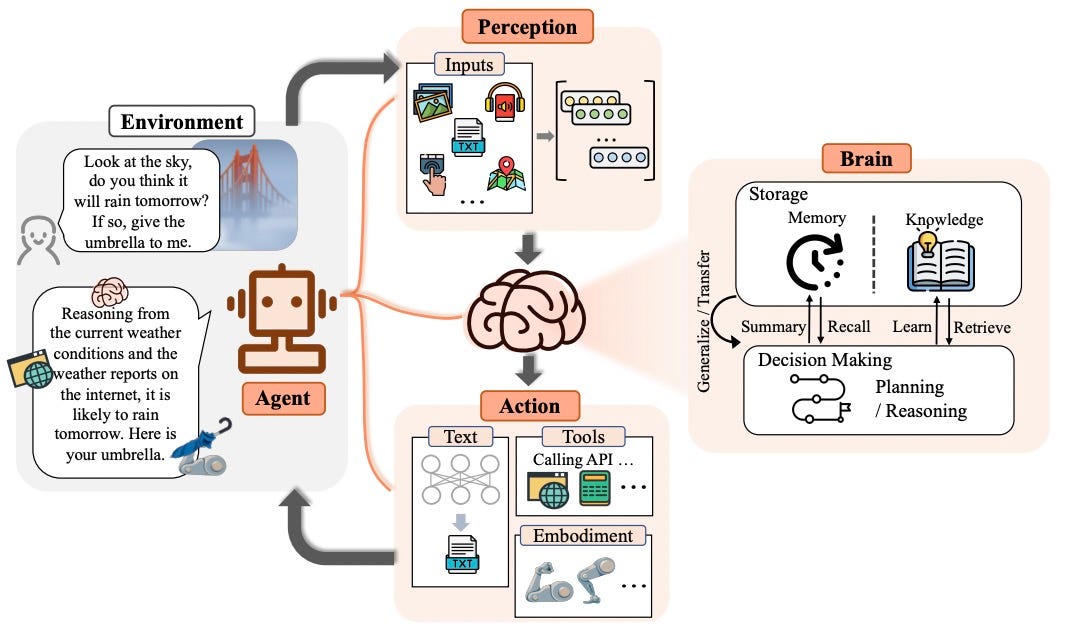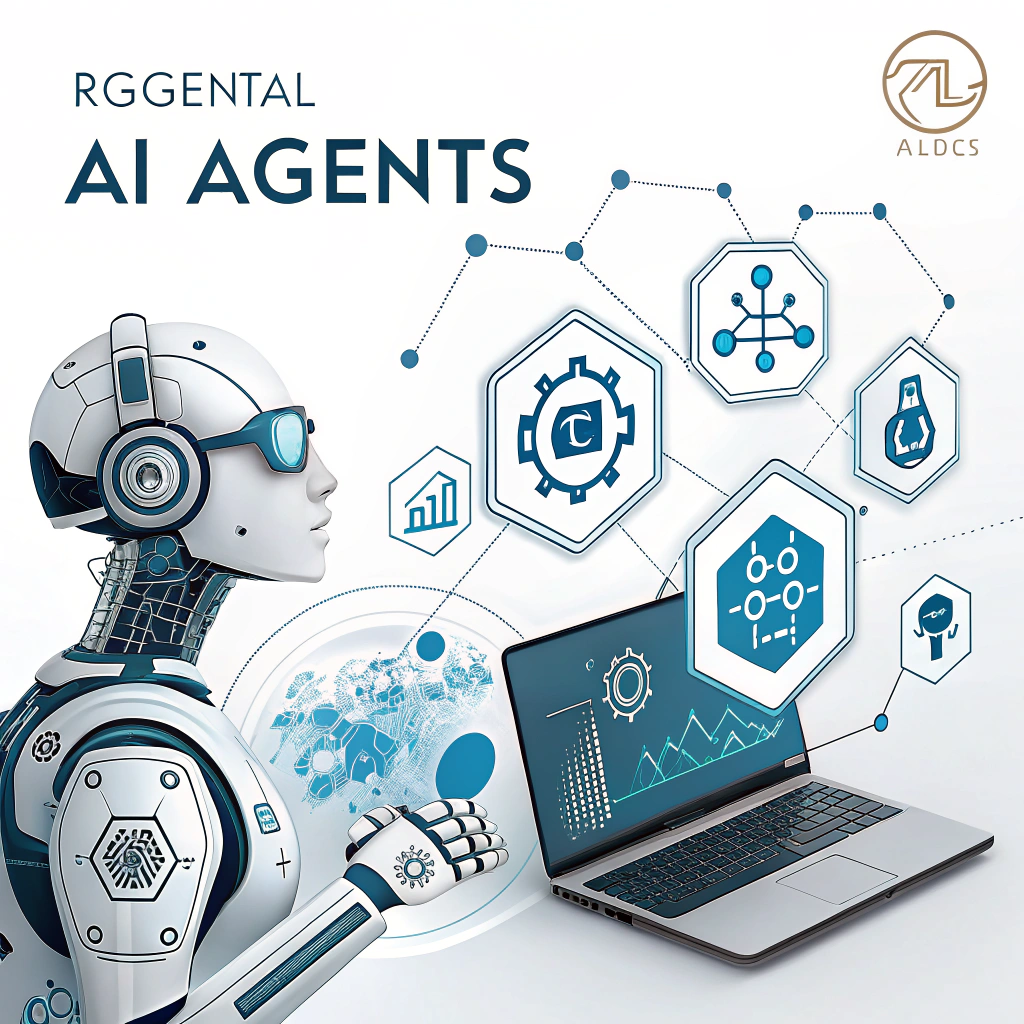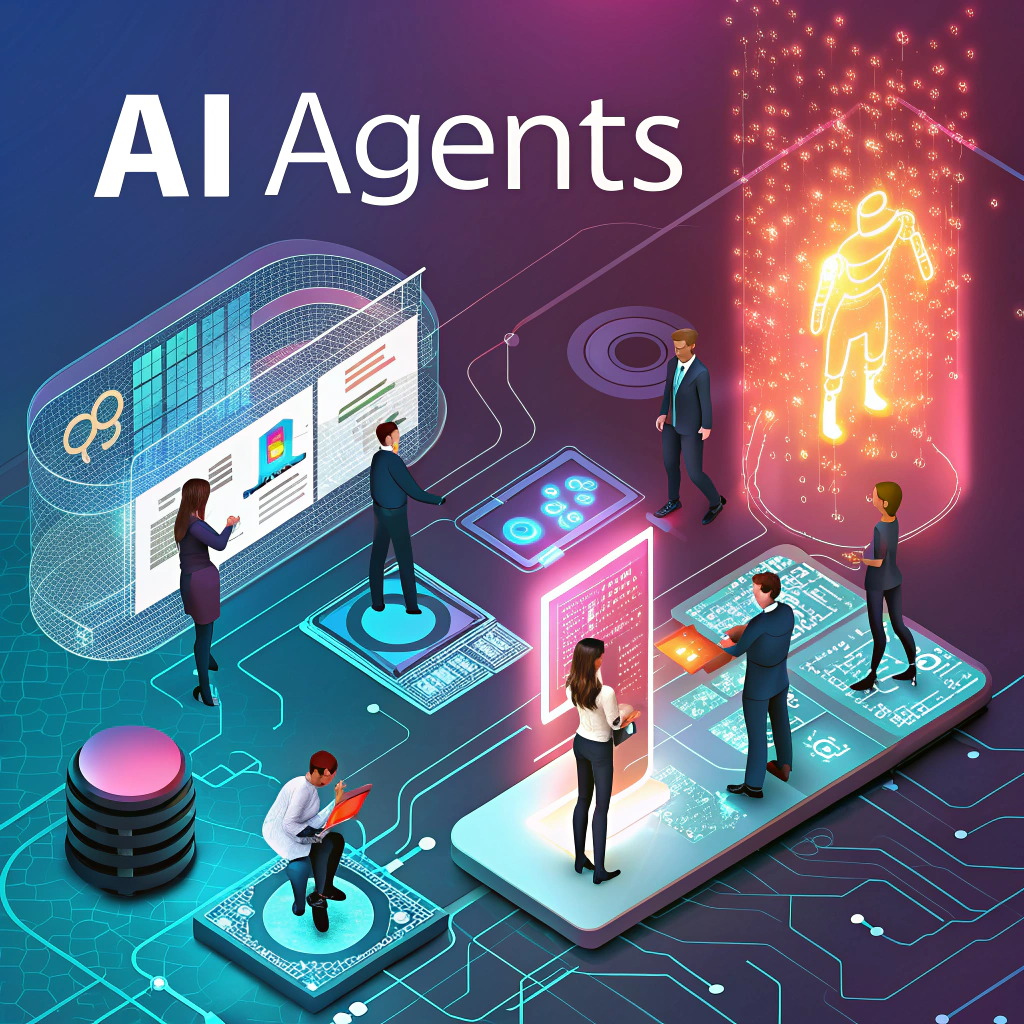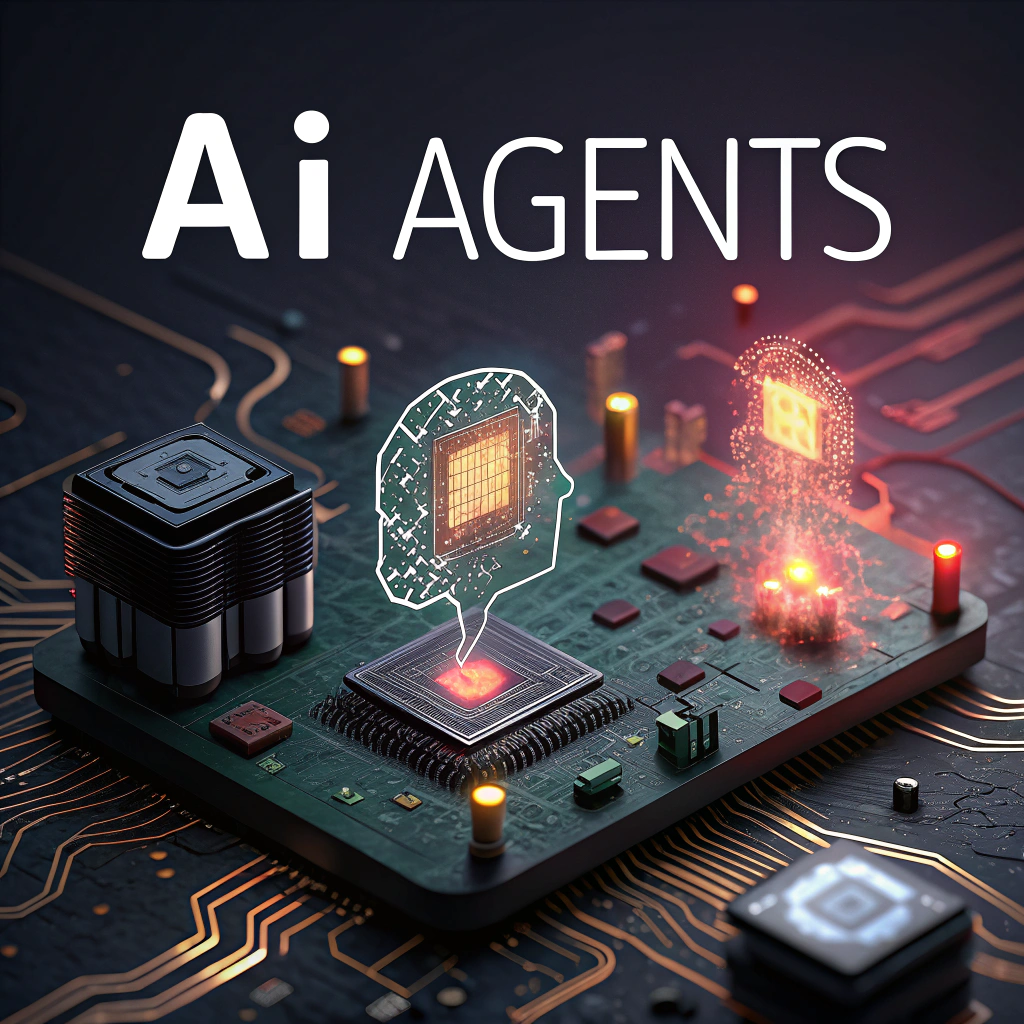AI Agents: Revolutionizing the Future of Intelligent Automation

AI Agents: Revolutionizing the Future of Intelligent Automation
Introduction
AI agents are redefining the digital landscape by enhancing automation, boosting efficiency, and enabling intelligent decision-making. They are pivotal in sectors such as customer service, healthcare, finance, and marketing.

Source: Perplexity - Intro of AI Agents
Understanding AI Agents
AI agents are sophisticated software entities that autonomously perform tasks using machine learning and advanced data analytics. They process large volumes of data to make informed decisions and optimize processes across different industries.
Key Applications of AI Agents
- Customer Support: Provide real-time assistance and personalized experiences.
- Healthcare: Assist in diagnostics, manage patient data, and recommend treatments.
- Finance: Automate trading, manage risks, and detect fraud.
- Marketing: Analyze consumer behavior to tailor marketing strategies.

Source: Perplexity - Core Components of AI Agents
Benefits of AI Agents
- Efficiency: Automate repetitive tasks to free up human resources.
- Accuracy: Reduce errors with precise data analysis.
- Scalability: Adapt to increased workloads seamlessly.
- Cost-Effectiveness: Improve process efficiency to reduce operational costs.
Challenges and Ethical Considerations
Despite their benefits, AI agents face challenges such as data privacy concerns and algorithm biases. Transparency, fairness, and accountability are essential for their sustainable integration.

Source: Perplexity - AI Agents Memory Systems
The Future of AI Agents
Advancements in natural language processing, predictive analytics, and human-agent collaboration promise an exciting future for AI agents. They will continue to enhance personalization and efficiency across various industries.

Source: Perplexity - AI Agents Research
Conclusion
AI agents are reshaping industries by offering unparalleled innovation and efficiency. As these systems integrate further into daily operations, they will be vital in driving the future of technology and automation.
Published on 2025-02-04.



